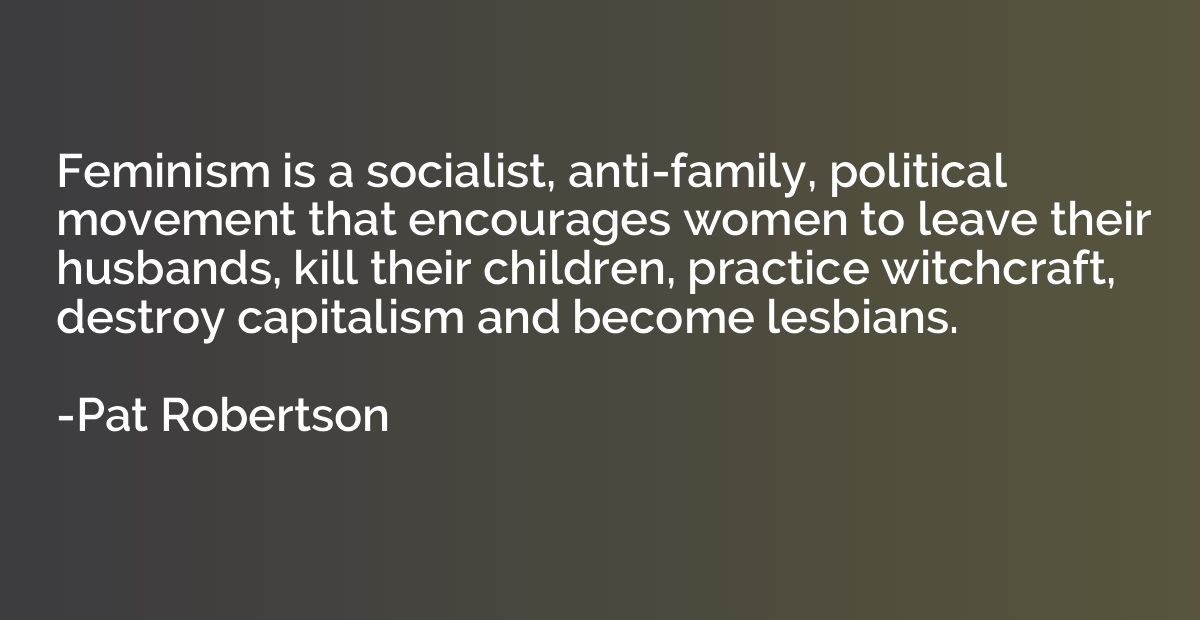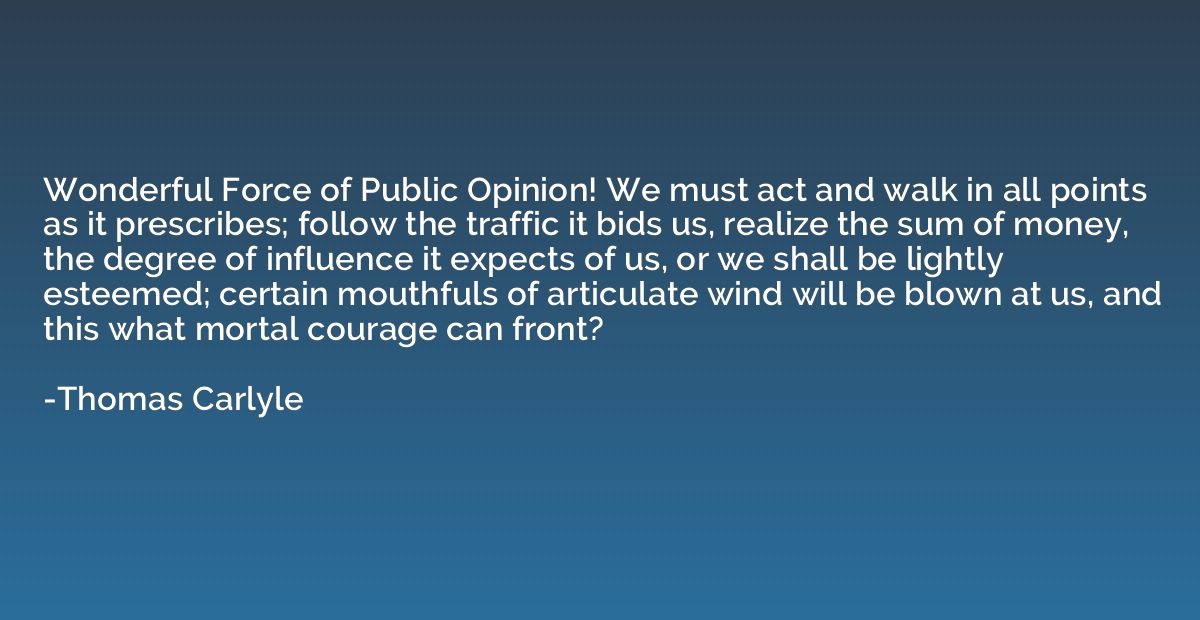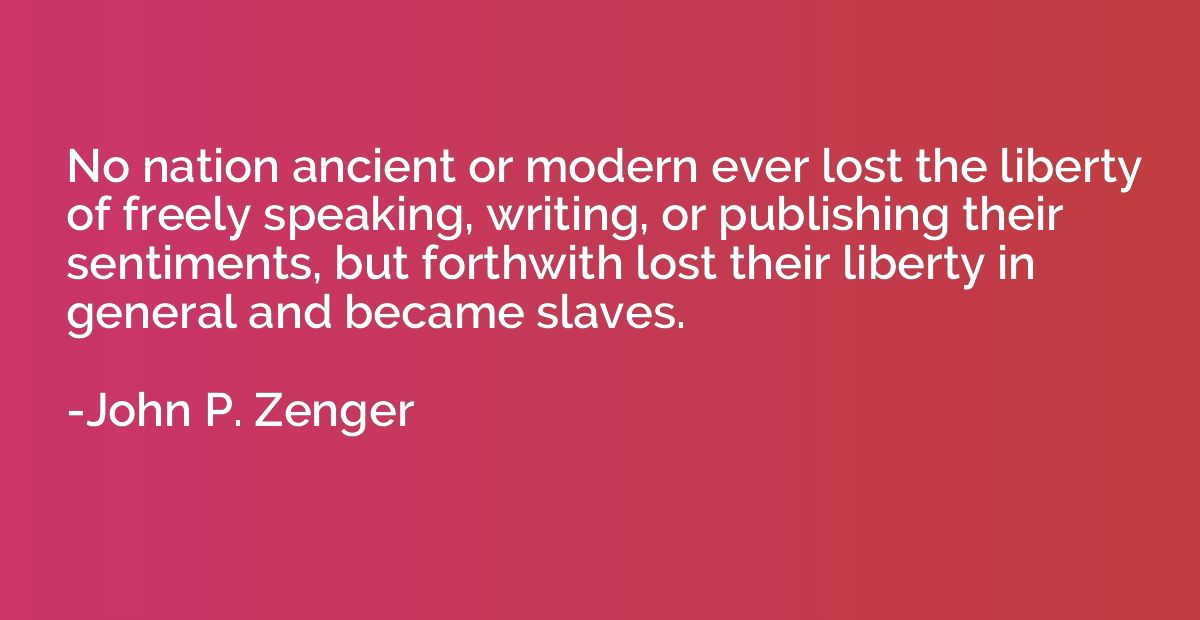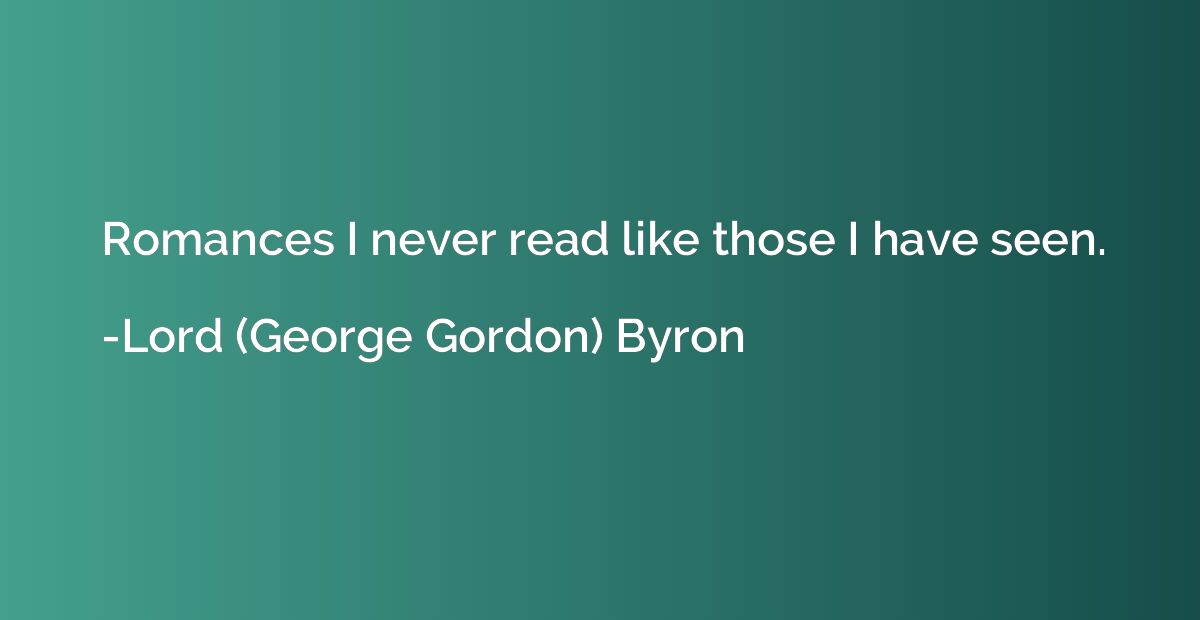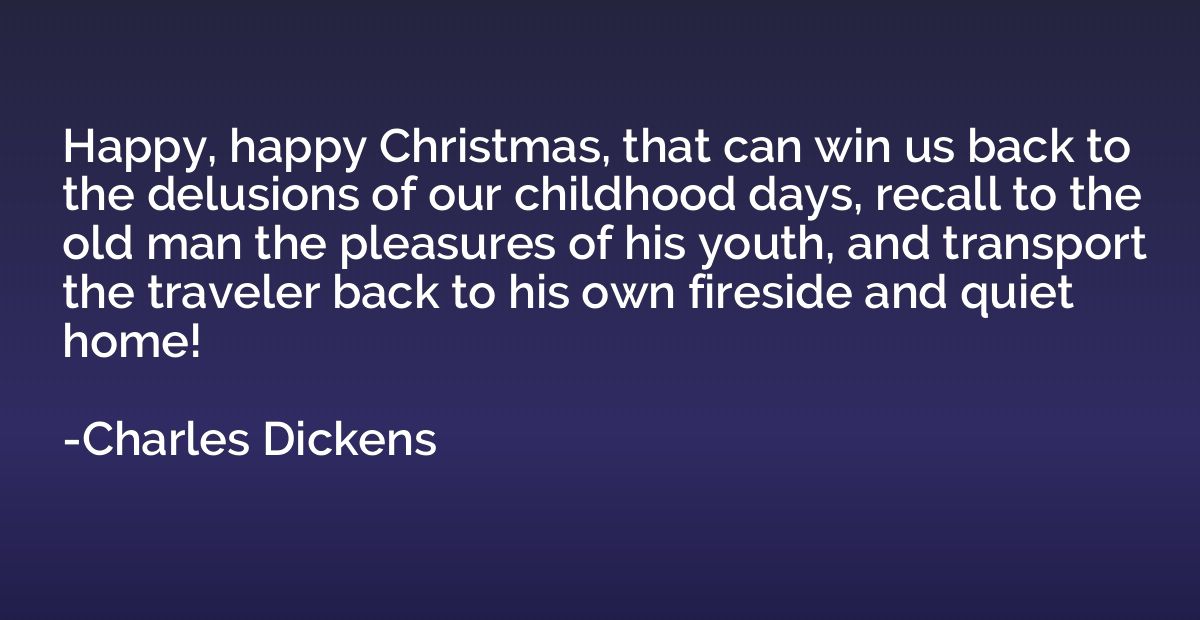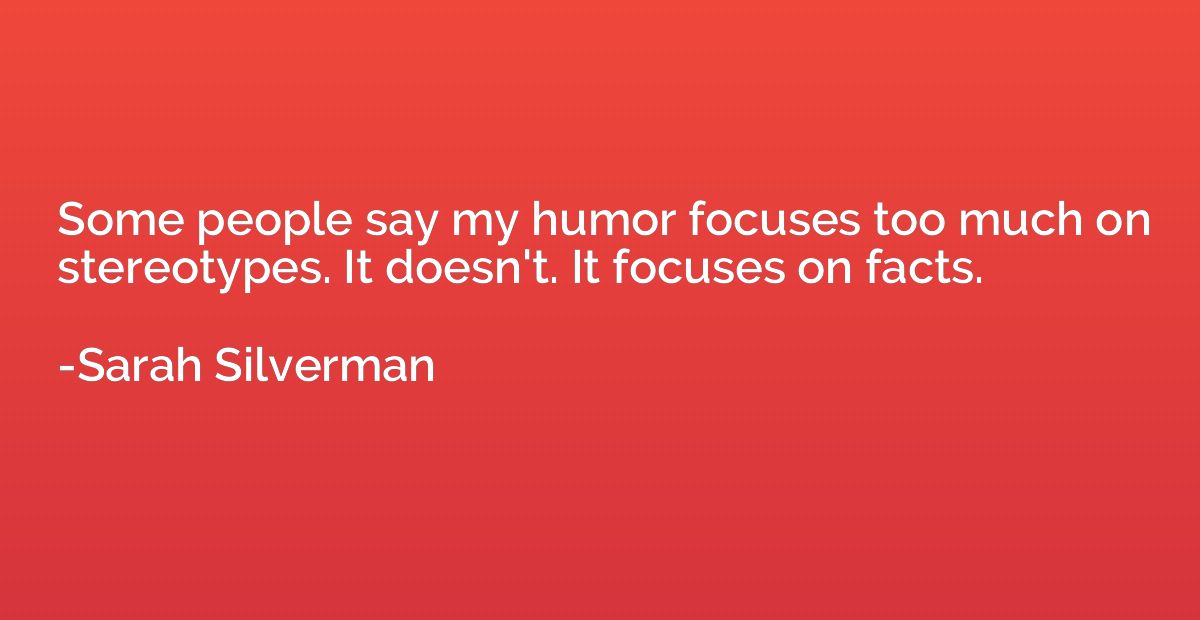Quote by Hans Christian Andersen, The Ugl
....Then he felt quite ashamed, and hid his head under his wing; for he did not know what to do, he was so happy, and yet not at all proud. He had been persecuted and despised for his ugliness, and now he heard them say he was the most beautiful of all the birds. Even the elder-tree bent down its bows into the water before him, and the sun shone warm and bright. He would never became vain or conceited, and would always remembered how it felt to be despised and teased, and he was very sorry for all the creatures who are so treated merely because they are different from those around them. Then he rustled his feathers, curved his slender neck, and cried joyfully, from the depths of his heart,
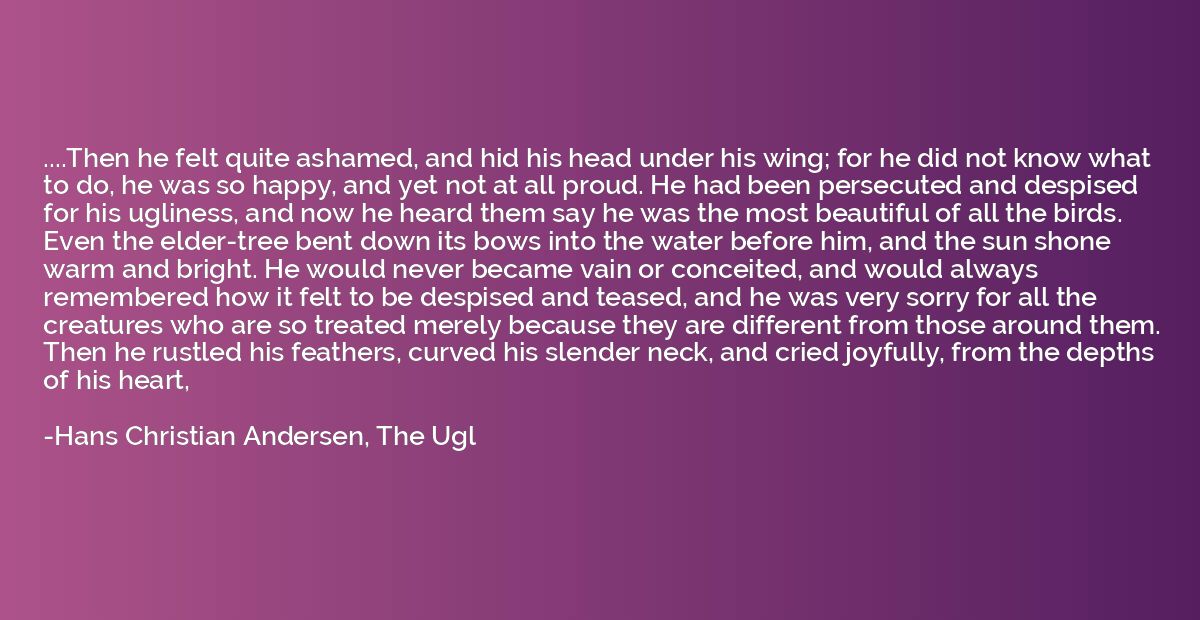
Summary
This quote highlights the transformation of a once despised and ugly bird into the most beautiful amongst others. Despite receiving praise and recognition, the bird remains humble and does not let his newfound beauty go to his head. Instead, he reflects on his past experiences of being persecuted and treated unfairly, making a promise to himself to never become vain or conceited. The bird empathizes with other creatures who face similar mistreatment solely because of their differences, demonstrating his compassion and understanding. With a joyful cry, he embraces his newfound happiness while carrying the important lessons he has learned.



